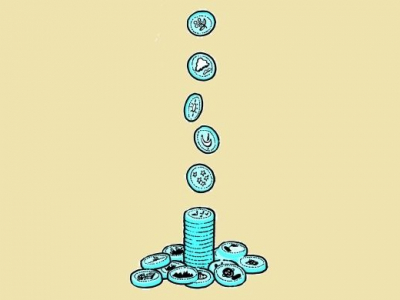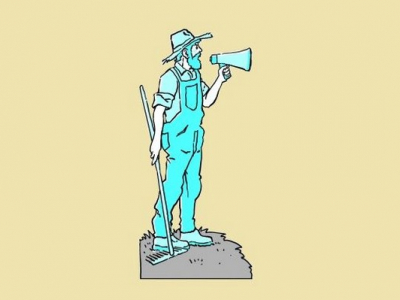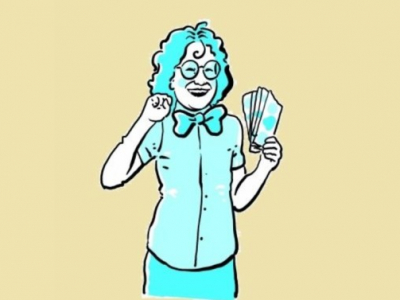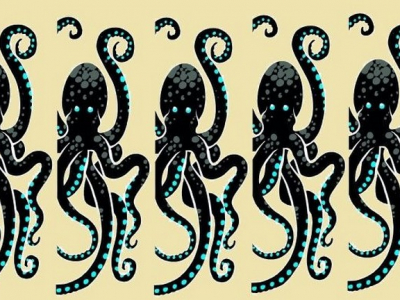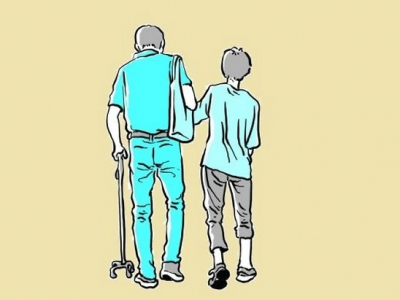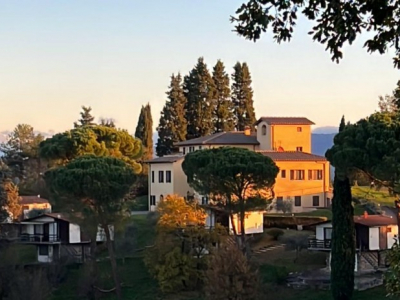May 1st, People and Robots
Luigino Bruni
published in Avvenire on 01/05/2024
Perhaps the strongest image with which we approached May 1st was the meeting between Pope Francis and the inmates of the Giudecca prison in Venice on 28th April. Amidst the poignant and humane exchanges, Pope Francis emp...
stdClass Object
(
[article_layout] =>
[show_title] =>
[link_titles] =>
[show_tags] =>
[show_intro] =>
[info_block_position] =>
[info_block_show_title] =>
[show_category] =>
[link_category] =>
[show_parent_category] =>
[link_parent_category] =>
[show_associations] =>
[show_author] =>
[link_author] =>
[show_create_date] =>
[show_modify_date] =>
[show_publish_date] =>
[show_item_navigation] =>
[show_icons] =>
[show_print_icon] =>
[show_email_icon] =>
[show_vote] =>
[show_hits] =>
[show_noauth] =>
[urls_position] =>
[alternative_readmore] =>
[article_page_title] =>
[show_publishing_options] =>
[show_article_options] =>
[show_urls_images_backend] =>
[show_urls_images_frontend] =>
[helix_ultimate_image] => images/2024/04/30/Primavera_Loppiano_02_ant.jpg
[helix_ultimate_image_alt_txt] =>
[spfeatured_image] => images/2024/04/30/Primavera_Loppiano_02_ant.jpg
[helix_ultimate_article_format] => standard
[helix_ultimate_audio] =>
[helix_ultimate_gallery] =>
[helix_ultimate_video] =>
[video] =>
)







